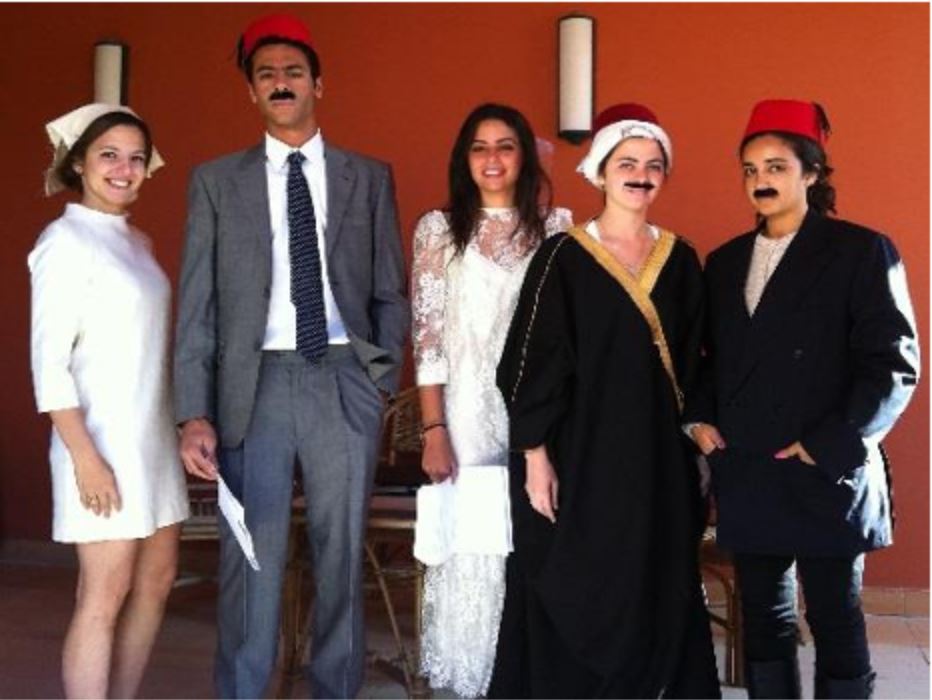
The main feature of my capstone seminar, “The Marriage Crisis and the
Middle East” (HIST 4215) is an
historical re-enactment based on two early-20th century Egyptian court cases. The students perform it at the annual History/EURECA undergraduate research conference before their peers
and professors. At the beginning of the semester, I provide students with two
interrelated personal status cases. These cases are about the same couple who divorce due to the husband’s second
marriage to a British woman and battle for custody over their two children.
Throughout the semester, the students work closely together to research the marital, social, political and economic issues as well as the historical setting of their cases and legal rights of their characters. They then write the script, find the attire and props appropriate to 1920s Cairo and perform a historically and legally accurate re enactment of the cases at the end of the semester.
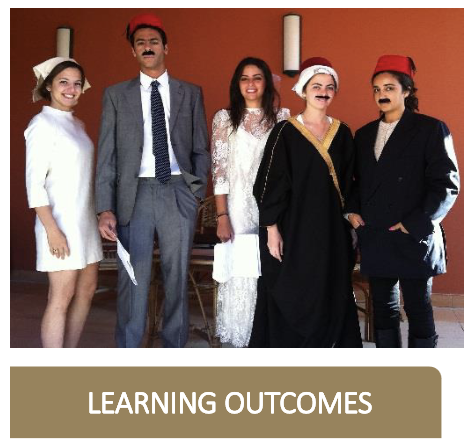
- Hone public speaking skills
- Acquire research skills
- Analyze primary and secondary sources
- Develop writing skills
- Understand different perspectives and experiences
- Apply historical and legal knowledge
- View history as a composite of various and competing narratives
- Demonstrate contemporary and real word applicability of history
- Appreciate creativity as a central platform for learning
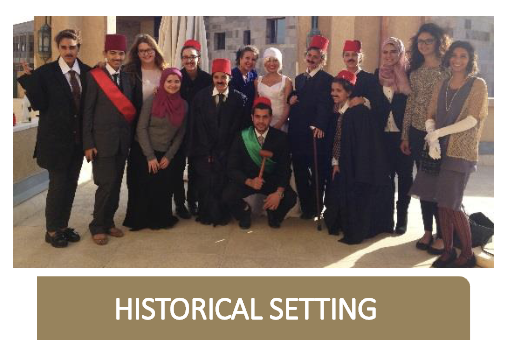
It’s 1920s Cairo. Egypt still has not achieved full independence from Great Britain, although Egyptians are running their internal affairs, especially their legal systems. The country is on the brink of the Great Depression and most Egyptians
are suffering from low wages, high inflation, and rising costs of living. Many are noticing the rapid changes affecting the country. The government is on a mission to ‘modernize’ Islamic laws. The middle and upper classes are sending their daughters to schools en masse. More and more women appear on the streets of Cairo and Alexandria unveiled, inspired by Huda Sha‘rawi’s women’s movement and removal of her veil just a few years earlier. The pages of the press are covered with debates over the marriage crisis, the scandalous cases in the Islamic courts, the campaign to abolish prostitution, the economic depression, and the domination of the British over Egyptian affairs. People of all classes continue to marry, divorce, and raise their children the best they can in these tumultuous political, social, and economic times.
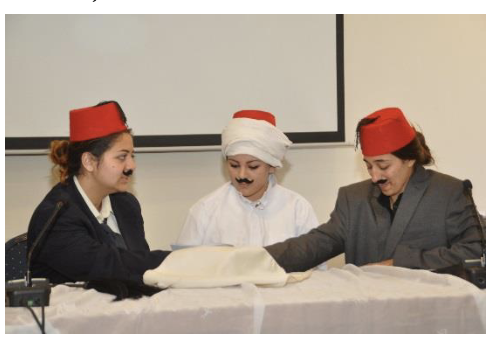

The students are evaluated based on:
- Their research of primary and secondary sources
- Their attention to, and representation of, historical detail
- Their comprehension of the legal, social, political, and economic issues of the case
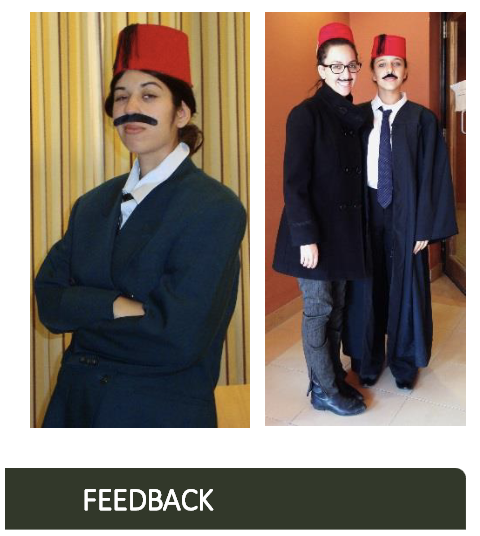
While students are often first
intimidated by the assignment and especially the thought of acting before their peers and professors, they quickly
develop a passion and excitement for the project that is on full display at the
re-enactments. Each semester, their performances are well received and encourage many students in the
audience to enroll in the course the following semester.
One student, Nadine Aboulmagd, gave this feedback:
“The main event was the play at the end of the semester which students had to produce the scenario for and enact according to a brief the professor had
set earlier in the semester. It was an end of semester project as well as a fun, interactive and creative way to settle the course material in the students’ minds.”

